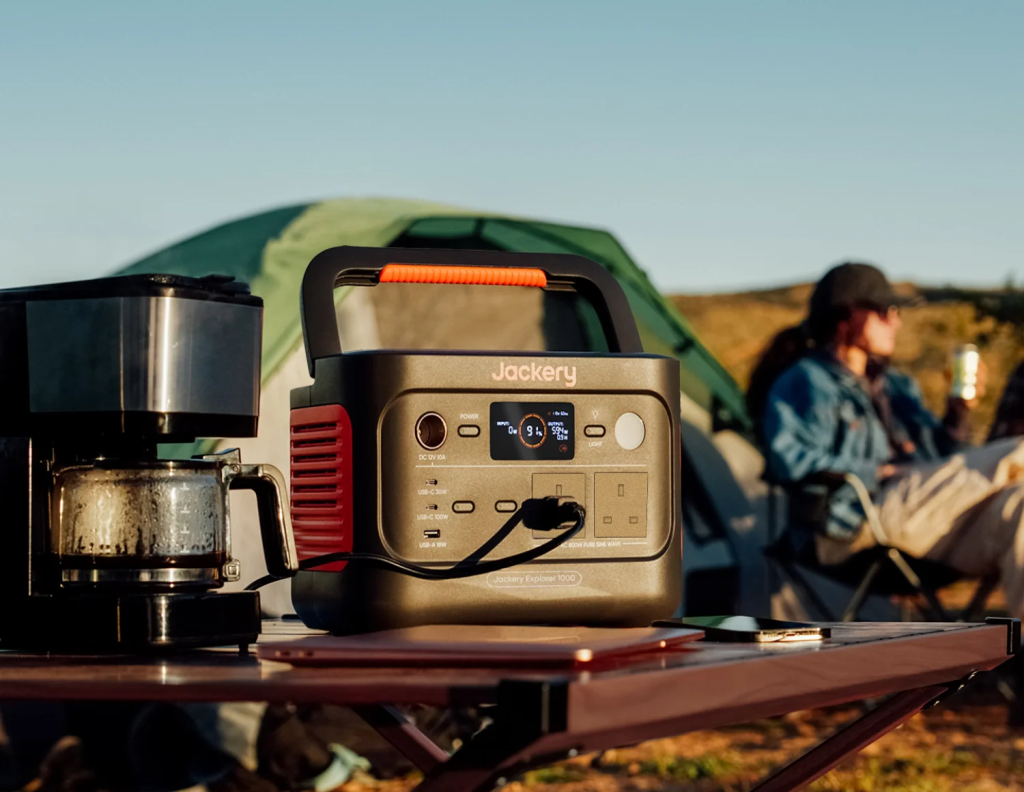Flexible office space has become a popular trend in recent years, with many companies opting for short-term leases and shared workspaces. One company that has been at the forefront of this movement is Knotel, a flexible office space provider that has raised over $70 million in funding since its inception in 2016. The co-founder of Knotel, Amol Sarva, recently sat down with TechCrunch to discuss the future of flexible office space and how Knotel plans to stay ahead of the game.
The Rise of Flexible Office Space
The rise of flexible office space can be attributed to several factors, including the rise of the gig economy and the need for companies to be more agile in their operations. According to Sarva, the traditional office lease model is outdated and no longer meets the needs of modern businesses. “The old model was built for a world where companies were static and didn’t change much,” he said. “But today’s businesses need to be more nimble and responsive to changing market conditions.”
Flexible office space providers like Knotel offer short-term leases and shared workspaces that allow companies to scale up or down as needed. This model has proven to be popular with startups and small businesses that need flexibility in their operations. However, Sarva believes that flexible office space will become even more popular in the coming years as larger companies begin to adopt this model.
The Importance of Design
One of the things that sets Knotel apart from other flexible office space providers is its focus on design. Sarva believes that design plays a crucial role in creating a productive and inspiring workspace. “Design is not just about aesthetics,” he said. “It’s about creating an environment that fosters creativity and collaboration.”
Knotel works with top designers and architects to create unique and inspiring workspaces for its clients. Each space is tailored to the needs of the client, with a focus on creating a functional and beautiful workspace. Sarva believes that this attention to design is what sets Knotel apart from other flexible office space providers.
The Future of Flexible Office Space
Sarva believes that the future of flexible office space is bright. He predicts that more and more companies will adopt this model as they realize the benefits of flexibility and agility. However, he also believes that the industry will become more competitive as more players enter the market.
To stay ahead of the game, Knotel plans to continue focusing on design and innovation. The company is constantly experimenting with new technologies and ideas to create better workspaces for its clients. Sarva also believes that data will play a crucial role in the future of flexible office space. “Data is going to be the key to understanding how people work and what they need from their workspace,” he said.
The Impact of COVID-19
The COVID-19 pandemic has had a significant impact on the flexible office space industry. With many companies shifting to remote work, the demand for office space has decreased. However, Sarva believes that this is only a temporary setback. “The pandemic has accelerated the trend towards flexible office space,” he said. “Companies are realizing that they need more flexibility in their operations, not less.”
Knotel has adapted to the pandemic by offering more flexible lease terms and implementing new safety protocols in its workspaces. Sarva believes that these changes will help the company weather the storm and emerge stronger on the other side.
Conclusion
Flexible office space is a trend that is here to stay. As more and more companies adopt this model, the industry will become more competitive and innovative. Knotel, with its focus on design and innovation, is well-positioned to lead the way in this space. The COVID-19 pandemic has presented challenges for the industry, but Knotel and other flexible office space providers are adapting and finding new ways to meet the needs of their clients. As Sarva said, “The future of work is flexible, and we’re excited to be a part of it.”


